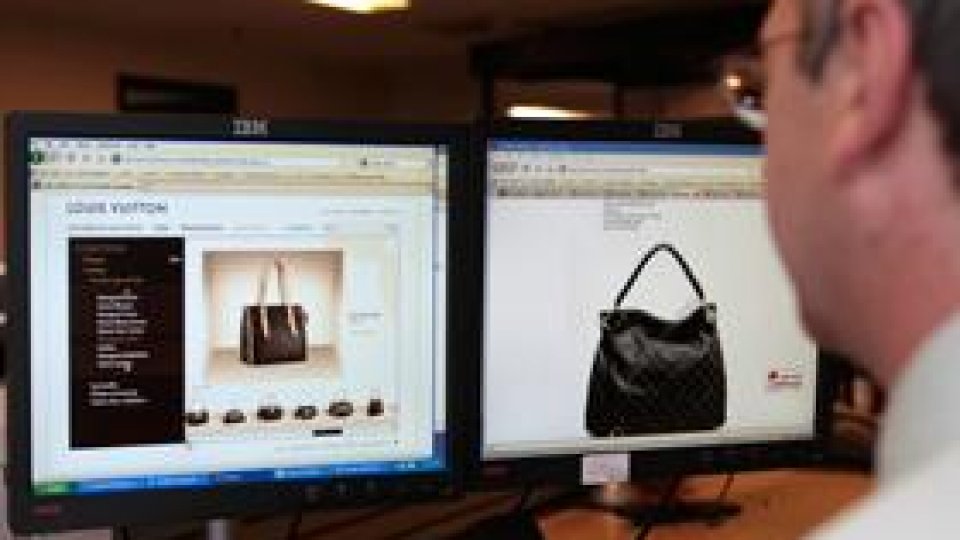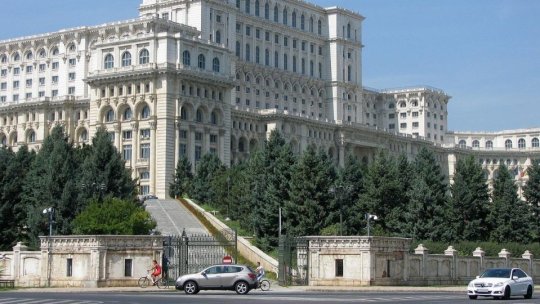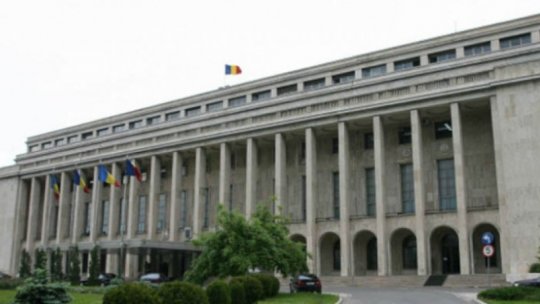The EU looking for new solutions to promote online trading
Online trading and the problems thereof will be the theme for an informal debate held at the EU Parliament under the auspices Euranet.

Articol de Adriana Leu, 21 Iunie 2012, 09:55
Several European students will discuss with the representatives of the community Legislative the measures that the EU has adopted with a view to boosting up the number of online traders.
Online trading implies that a customer can purchase anything he wants via the Internet, a thing which has gained ground in the last years.
The main advantage of online trading is the fact that it doesn’t matter what time one intends to make a transaction because they don’t need to comply with the schedule of any store and neither do they need leave their residence to obtain that which they need.
In spite of all this, online trading is confronting many problems, problems which will be the central theme of the debate scheduled for Wednesday by the European Radio Network Euranet at the EU Parliament.
The event marks 20 years since one of the EU’s most important achievements: the foundation of the unique market.
Recent statistics show that only 30 per cent of the consumers in the 27 member states have made a transborder transaction in the last year.
Specialists say that it’s obvious that there are more people willing to do their trading online, but there are also several problems that determine these people to hold aloof.
The difficulty to solve complaints about foreign merchants is one of the reasons
The debate scheduled for Wednesday will give the attendants the chance to discuss with the EU specialists the measures that the EU has implemented for the development of online trading and for the reinforcement of consumer protection.
Online trading wouldn’t be so successful, it would be virtually inexistent today, unless for the unique EU market.
In the 20 year long the existence of the market, the community forum has adopted a series of measures to facilitate trading between persons from different countries.
The most important step was the physical opening of borders of the member states, which has substantially increased the competitiveness between EU firms.
Today, producers in EU states can sell their products on a market of 500 million consumers.
Translated by
Vlad Nichita
MTTLC, Bucharest University









